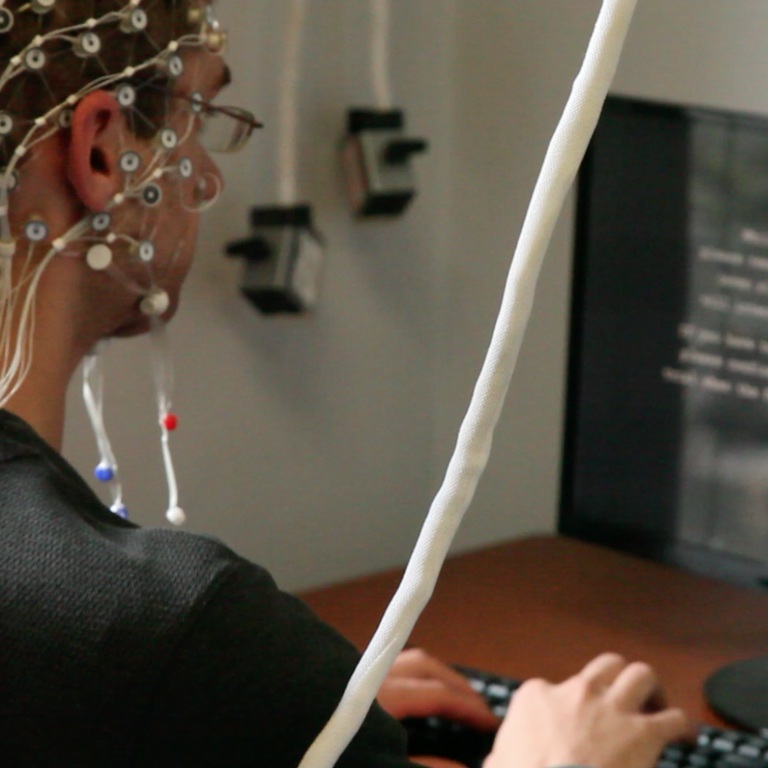by Eric W. Dolan, PsyPost
Transitioning to university is a significant life change for many students. New research, published in Social and Personality Psychology Compass, reveals that engaging in everyday acts of kindness can boost psychological well-being during this challenging period.
The transition to university can be stressful for many students. With around five million students beginning post-secondary education each year in North America, understanding how to support their well-being is essential. Previous research has shown that self-focused strategies like sleep, nutrition, exercise, and mindfulness can be beneficial. However, focusing too much on oneself can sometimes lead to rumination and negatively impact mental health.
Given this potential downside of self-focused care, the researchers aimed to investigate whether outward-focused strategies, specifically acts of kindness towards others, could provide a psychological boost. Prior studies have suggested that prosocial behavior can increase happiness and well-being, but it was unclear whether these benefits would hold during stressful life transitions.
“I started research in this area because I’m deeply interested in how people weather life transitions,” said study author Tiara Cash, a PhD candidate at Simon Fraser University and founder of Crowned Vitta LLC.
“Life transitions can be an exciting but hard time for people. Big life changes are common, people move or start new jobs often. I was interested in how the life transition of beginning university might impact first year students’ well-being, and whether people who helped others during this pivotal time experience better well-being.”
The study followed 193 first-year university students over six weeks, during their first semester. These students were recruited through the Psychology Department’s participant pool in exchange for course credit. Each week, students completed surveys that assessed their well-being and documented their engagement in various daily tasks, particularly focusing on prosocial behaviors.
The researchers used a detailed checklist of 47 common prosocial actions, such as sharing notes with a classmate or holding the door open for someone. Participants reported which actions they performed each week and how many times. Well-being was measured using several validated scales, including those assessing happiness, flourishing, thriving, resilience, optimism, anxiety, and loneliness. By repeatedly surveying the same students, the researchers were able to analyze within-person variations in prosocial behavior and well-being over time.
The results of the study revealed that new students consistently engaged in prosocial behaviors throughout their first semester. On average, participants reported engaging in approximately seven different types of prosocial acts each week.
The researchers found the students reported greater happiness, thriving, flourishing, resilience, and optimism, as well as lower levels of anxiety and loneliness during weeks when they performed more acts of kindness. These findings were consistent across various measures of well-being, suggesting a robust association between prosocial behavior and psychological well-being.
“We measured personal well-being in seven different ways in our study, and I was surprised to see people reported feeling more positive on all of them in the weeks that they did more kind acts,” Cash told PsyPost.
The positive effects were observed regardless of whether the prosocial acts involved social interaction or were more solitary in nature, indicating that both types of kindness can enhance well-being.
“Helping others may be an effective, yet overlooked way to support your well-being when going through challenging times, like a life transition,” Cash said. “In retrospect, this may not be surprising. Humans are a super-social species, so being in community and helping those in your community can be one way to feel connected and find greater happiness!”
While the study provides compelling evidence linking prosocial behavior to improved well-being, it has some limitations. First, the correlational nature of the data means causality cannot be definitively established.
“We did not intervene to shape or alter behavior,” Cash noted. “As a result, we cannot say that prosocial acts cause higher well-being during life transitions. However, I am currently collecting data for a study that answers this exact question! And, the fact that the study was done over multiple weeks with consistent findings, this is a great first start to understanding how prosociality and well-being are connected during difficult times.”
The findings contribute to a growing body of evidence suggesting that helping others can be a powerful strategy for enhancing personal happiness and resilience, especially during times of change and uncertainty.
“I would love for this research to be implemented in higher education and other institutions where people commonly face life transitions, such as addiction recovery, prenatal classes, and retirement communities,” Cash added. “By providing people with a chance to help others as they move to a new life stage, they may find greater well-being and community.”
The study, “Everyday acts of kindness predict greater well-being during the transition to university,” was authored by Tiara A. Cash, Lara B. Aknin, and Yuthika U. Girme.



